Is Bollywood's great Indian family drama finally dead?


Send us your feedback to audioarticles@vaarta.com


The great Indian family dramas helped Bollywood dream merchants make millions but with maverick filmmaker Ram Gopal Varma marketing "Sarkar" as a family drama, the archaic magic formula will never be the same again.
Since the time when big star casts and multimillion-rupee budgets lent it utmost respectability, the genre of the great Indian family drama has come a long way.
While the 1940s saw a rush of socials like "Ghar", "Sansar" and "Sasural", the genre was dismissed as "ladies' pictures" that were the preserve of directors like Kalpataru till the 1990s.
Sooraj Barjatya's "Hum Aapke Hain Kaun", which broke all box-office records and established new ones that are benchmarks, gave the genre a new respectability. After that a whole bunch of chachas, mamas, mausis and buas were dished out to fill the frame in practically every film.
Television tycoon Ekta Kapoor used the formula for daily soap operas that were endless processions of saas-bahu confrontations, virtuous endless suffering, shedding of copious tears till justice prevails, evil people meet their nemesis and headstrong (read non-conformist) women get into place.
The popularity of the genre was attributed to nostalgia for a lifestyle gone forever in the post-liberalisation era. "Indian audiences want escapism" - this was the easiest alibi for heads of production houses to churn out facsimiles for the tube and the silver screen.
But Varma's stark reality in "Sarkar" shows family dramas need not only be about endless celebrations. "Sarkar", a story about a family in a powerful position and a man who does things outside the law, has all the elements to lure the general public.
"With its strong plot and orientation towards family values, the viewers will find their family in this movie," says Varma.
"Sarkar" has Amitabh Bachchan and Abhishek Bachchan playing the role of father and son and both have turned in remarkable performances. The film also has Katrina Kaif and Kay Kay Menon.
Varma disagrees that his film was inspired by Mario Puzo's literary classic "The Godfather" that Francis Ford Coppola immortalized on celluloid.
Varma's critics are quick to point out that he is trying to position his latest release as a family drama as apposed to yet another take on mafia-land. They say Varma is aware of the mounting criticism that his films glorify gangsters and lend them a level of social respectability.
But beginning with ""Shiva", his first outing in Hindi cinema, Varma has been known not to make films for the viewer within him.
For Amitabh, whose landmark performances include those in "Zanjeer", "Saudagar", "Abhimaan", "Deewaar", "Trishul", "Amar Akbar Anthony", "Don", "Aakhri Raasta", "Agneepath" and the recent "Black", is in his element as he scales new heights.
Bachchan junior has also got more scope to showcase his acting prowess. Kay Kay has outperformed himself in the film.
Trade analyst Taran Adarsh says the film is likely to meet with diverse reactions. Either people will love it or feel unimpressed and continue to long for candyfloss entertainers.
At the box-office, its business will be the best mainly in the Mumbai-Maharashtra belt.
Trade observer Deepa Gehlot says: "The ideal family film today would not slavishly follow the epics, but place things in the context of the 21st century -- not just computers on desks, cell phones in pockets and designer clothes on stars.
"A film where deference towards the family would not clash with individualism. Where a woman who speaks out will not be silenced. Where parents will be friends and companions not deities to be worshipped. Where there will be a level playing field for sons and daughters.
"Where emotion and intellect will not be on opposite sides of the fence."
"Sarkar" may tempt filmmakers to deal with family issues at a more realistic and believable level. It could mean the revival of realistic entertaining family dramas like those by Hrishikesh Mukherjee, Gulzar and Basu Chatterjee.
"They made films about families, which were hugely entertaining, yet plausible. 'Bawarchi' is a fine example. A realistic and very underrated film about urban living was Basu Chatterjee's 'Jeena Yahan'," Gehlot says.
Follow us on Google News and stay updated with the latest!
Comments
- logoutLogout





 Follow
Follow


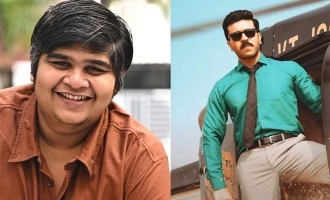

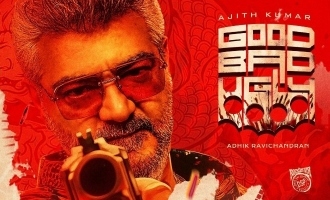
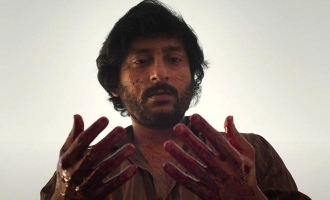

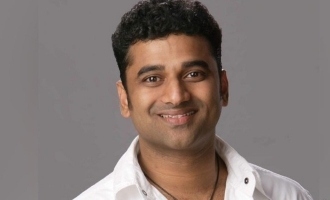
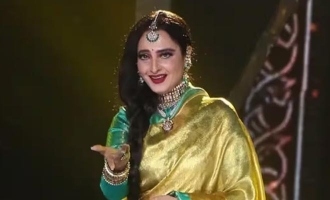

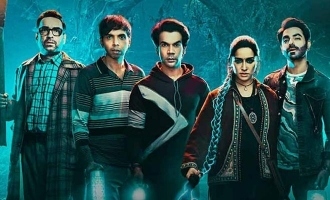
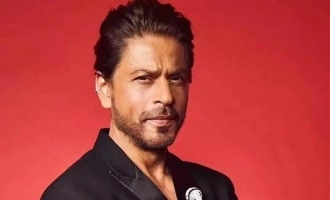
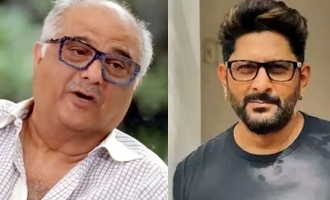
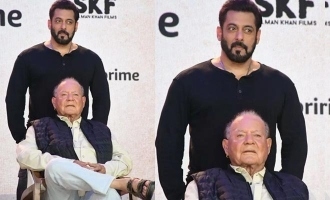
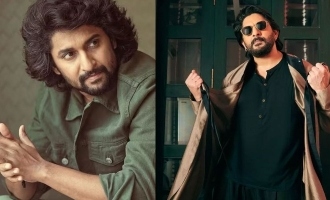
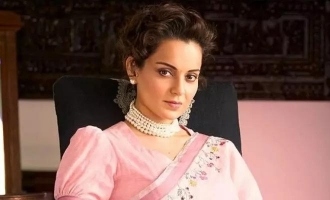
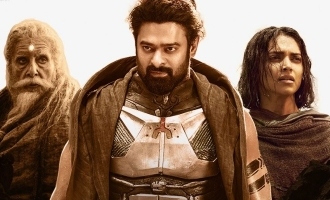

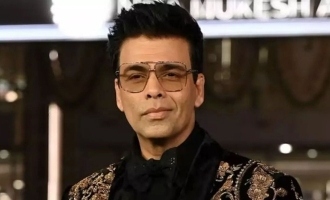

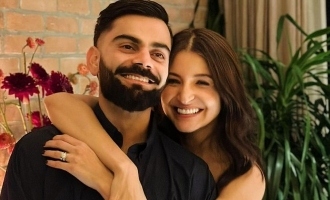
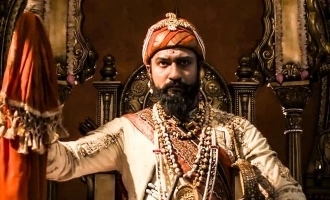
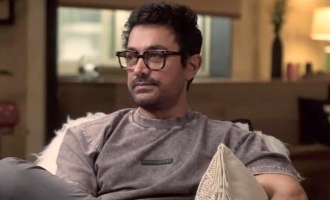
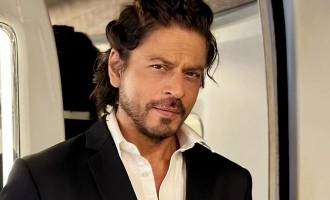
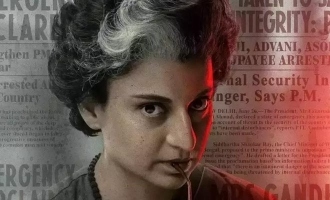

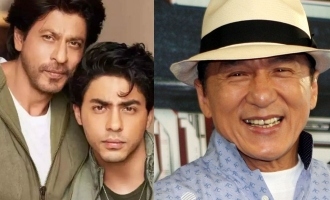
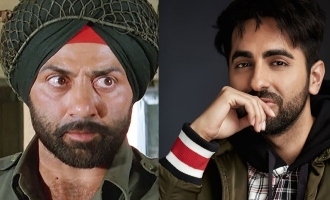
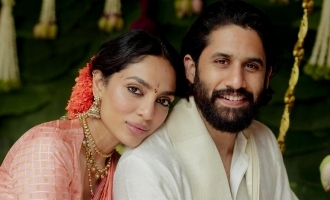
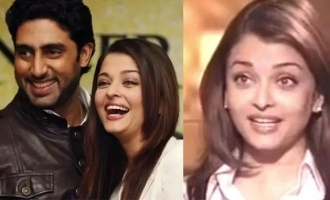
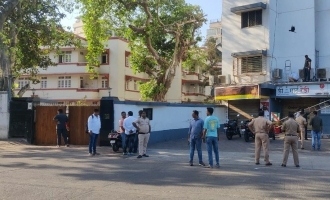
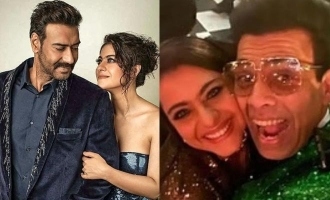

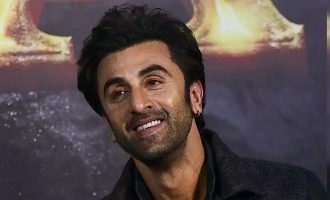
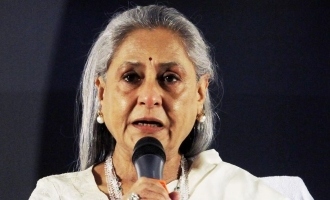

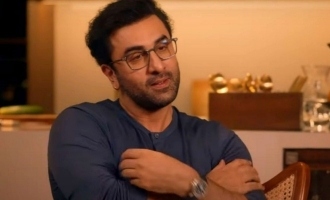




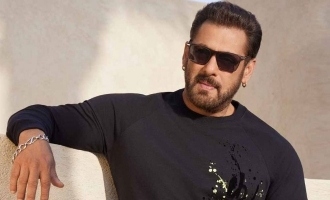

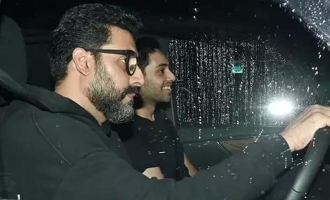
-a3e.jpg)
-3c4.jpg)
-e5c.jpg)
-e66.jpg)

-71b.jpg)
-5d5.jpg)
-adc.jpg)
-798.jpg)
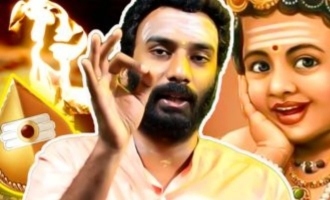
-7c2.jpg)









